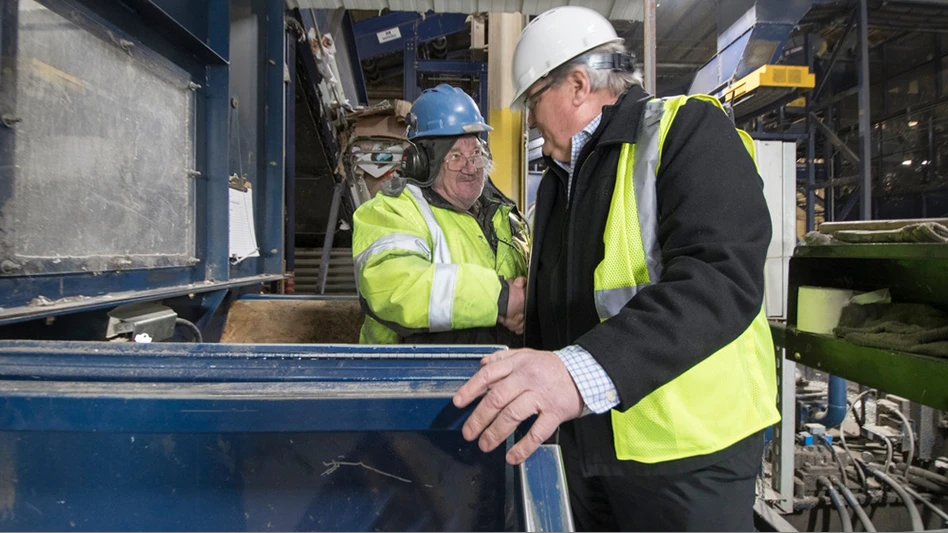
Pedro2009 | Dreamstime.com
A late-July fact sheet issued by the Biden administration indicates the United States Environmental Protection Agency is preparing to issue a rule to update its Clean Air Act emission standards for new and existing municipal solid waste (MSW) landfills.
The reference to the rule update seems to indicate it will be issued in 2025 and will be designed to cut methane and other harmful landfill gas emissions.
The Biden administration expects landfill operators to comply with new standards by incorporating new technologies that will better measure and address emissions and reduce harmful air pollution in nearby communities.
The rule would follow another Clean Air Act-related proposal issued this January that applies to emissions produced at MSW incinerators.
Landfill owners and operators throughout the U.S. have been investing in systems to capture methane emissions and convert them to marketable energy products.
A report issued earlier this year by accounting and consulting firm Deloitte found there still is considerable room to install more systems. According to Deloitte, of the 1,641 publicly owned MSW landfills in the U.S., at that time, 248 were capturing biogas through anaerobic digestion (AD), resulting in either electricity generation or renewable natural gas (RNG) production.
The landfill rule change is one of several addressed in the longer fact sheet titled “Biden-Harris administration announces new actions to detect and reduce climate super pollutants.”
Methane is identified as one of those offenders, with oil and natural gas operations singled out as another industry sector that will receive scrutiny as a consistent methane emitter.
The administration indicates it also intends to make funding available to nations with developing economies to help them tackle waste-related methane emissions.
The White House says the U.S. Agency for International Development (USAID) already has formed partnerships with nine private companies to address food loss and waste, which contributes 8 to 10 percent of global greenhouse gas emissions, including methane, when discarded food decomposes.
The USAID will work with nine businesses in Kenya, Nepal and Tanzania over the next two years to upcycle or otherwise prevent over 85,000 metric tons of food loss through practices like innovative food processing and storage and improved postharvest handling, according to the administration.
Latest from Waste Today
- Defunct electronics recycling companies ordered to pay $3M for hazardous waste violations in Ohio
- Tacoma, Washington, launches smart camera technology pilot
- Pride Disposal sees efficiency gains with Hydrotex BIO-XPL hydraulic fluid
- Techbros launches AI-integrated electronics processing facility
- Understanding interchange optimization
- Account Updater: Keeping customer credit cards always up-to-date
- Understanding credit card fees
- CDRA names new executive director





